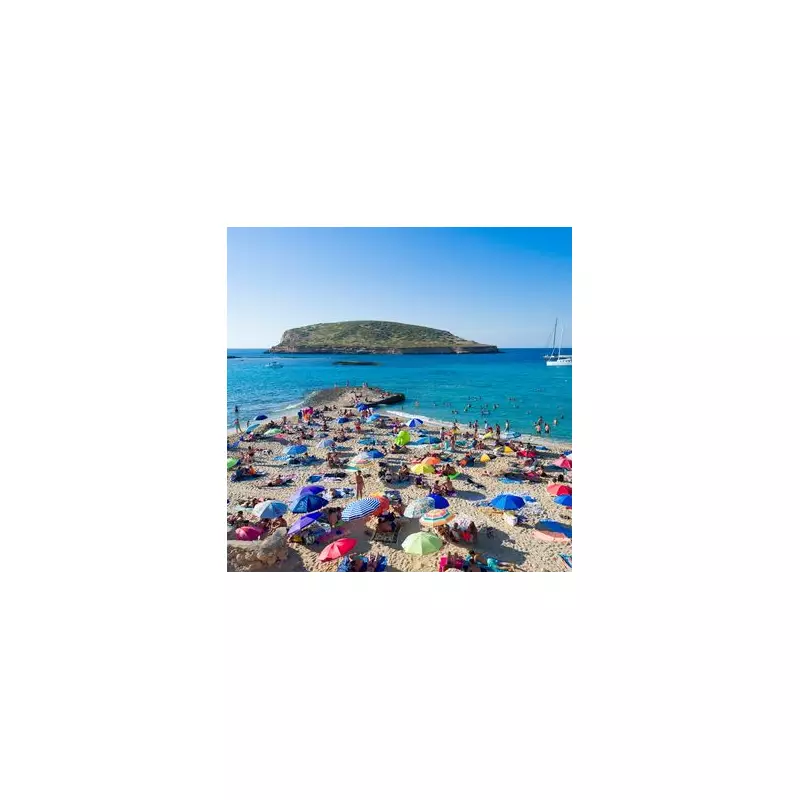
British holidaymakers are demonstrating a clear defiance of anti-tourism sentiment in Spain, with record numbers flocking to the Balearic Islands in 2025. Despite high-profile protests and reports of a potential summer downturn, official data reveals a significant year-on-year increase in visitor numbers, solidifying the region's popularity.
Passenger Numbers Defy Expectations
According to figures released by Turespaña, the Tourism Institute of Spain, airports across the Balearics experienced a 2.4% year-on-year increase in international passenger numbers between January and October 2025. A total of 15,628,717 travellers landed on the islands during this period.
This growth occurred even after two consecutive summers of significant anti-tourism protests in popular destinations like Majorca. While October saw a marginal dip of 0.1% compared to the same month in 2024, the overall trend remains strongly positive.
Budget Airlines and British Dominance
The data provides a clear picture of how Brits are travelling. The vast majority of passengers, 10,903,152, arrived on low-cost carriers such as easyJet and Ryanair. In contrast, traditional airlines like British Airways carried 4,725,565 travellers.
The United Kingdom provided the largest share of tourists. In October alone, 2.2 million British nationals arrived in Spain, marking a 4.4% annual increase and accounting for 21.7% of all international visitors to the country. Visitors from Ireland also surged by 14.6% in the same month. Brits are also the demographic most likely to use a budget airline, with over 30% opting for this type of service.
Palma's Rise and a Shift in Season
This sustained demand has propelled Palma de Mallorca Airport to become the third busiest airport in all of Spain, trailing only Madrid-Barajas and Barcelona El Prat. The Majorcan hub has welcomed 11,936,115 tourists so far this year, a 2.3% rise from 2024.
The figures suggest a potential shift in travel patterns. Despite concerns from Ibiza's tourist officials over a summer decline that saw 20,000 fewer Brits during peak months, the overall annual increase indicates that UK tourists may simply be moving their holidays to the cheaper, quieter shoulder seasons of September and October.
Jaume Bauza, Ibiza's Minister of Tourism, addressed the situation, stating, "I want the British who visit our islands who are, and will always be, warmly welcome, to be aware of and familiar with this transformation process, because I want them to be aware and participate in the changes we are undertaking."
Adding to the positive news for Spanish tourism, visitor spending is also on the rise. The average tourist stayed for a week and spent approximately €1,380 (around £1,217) per person.
This resilience comes against a backdrop of local discontent. In June, an estimated 10,000 people marched through Palma protesting overtourism's impact on housing costs and local life. The summer also saw anti-tourist graffiti with messages like 'tourist go home' appearing in some areas.





